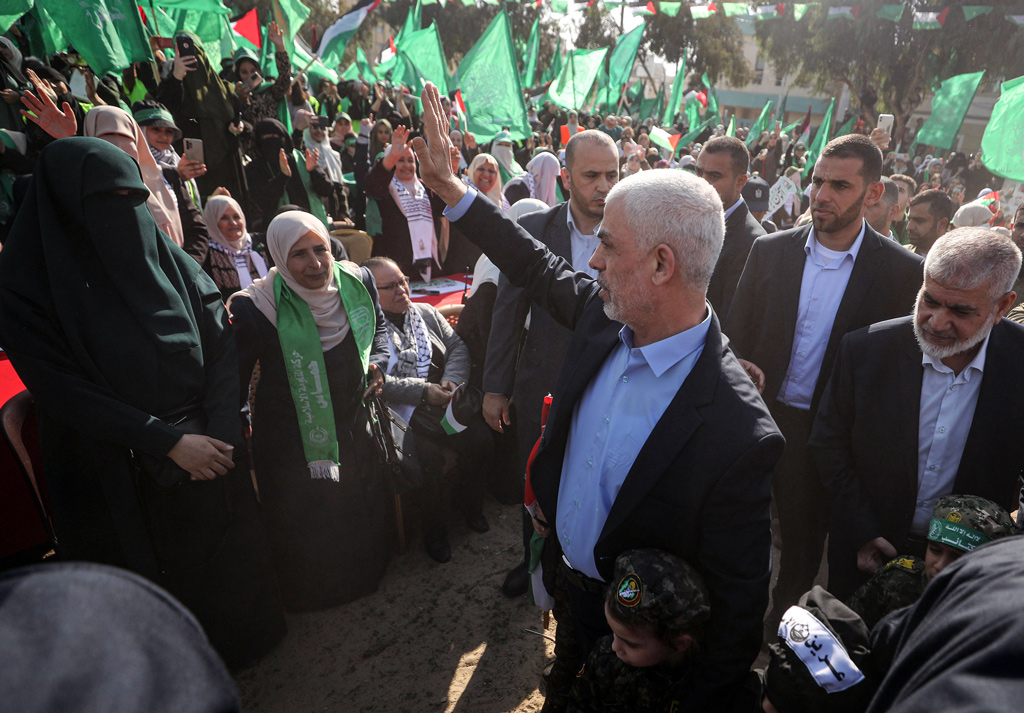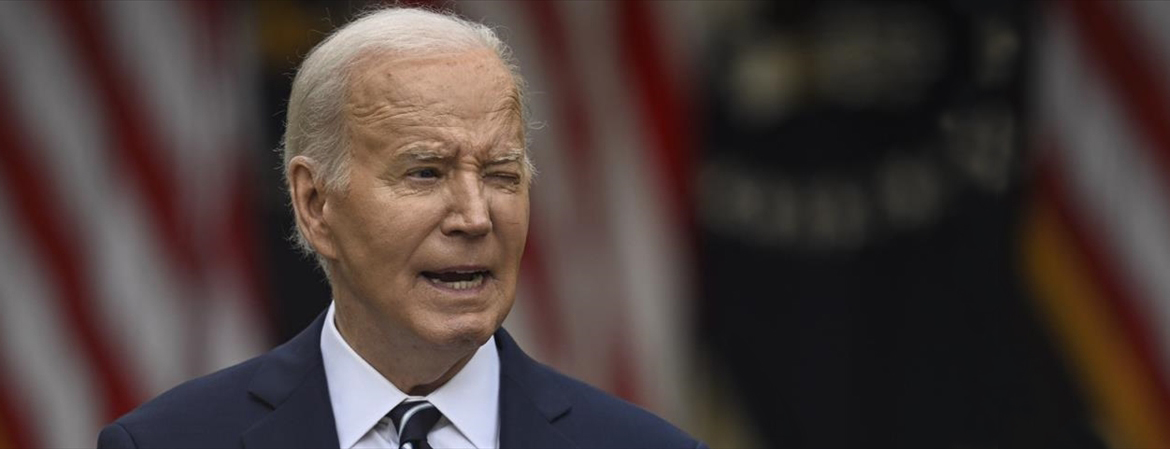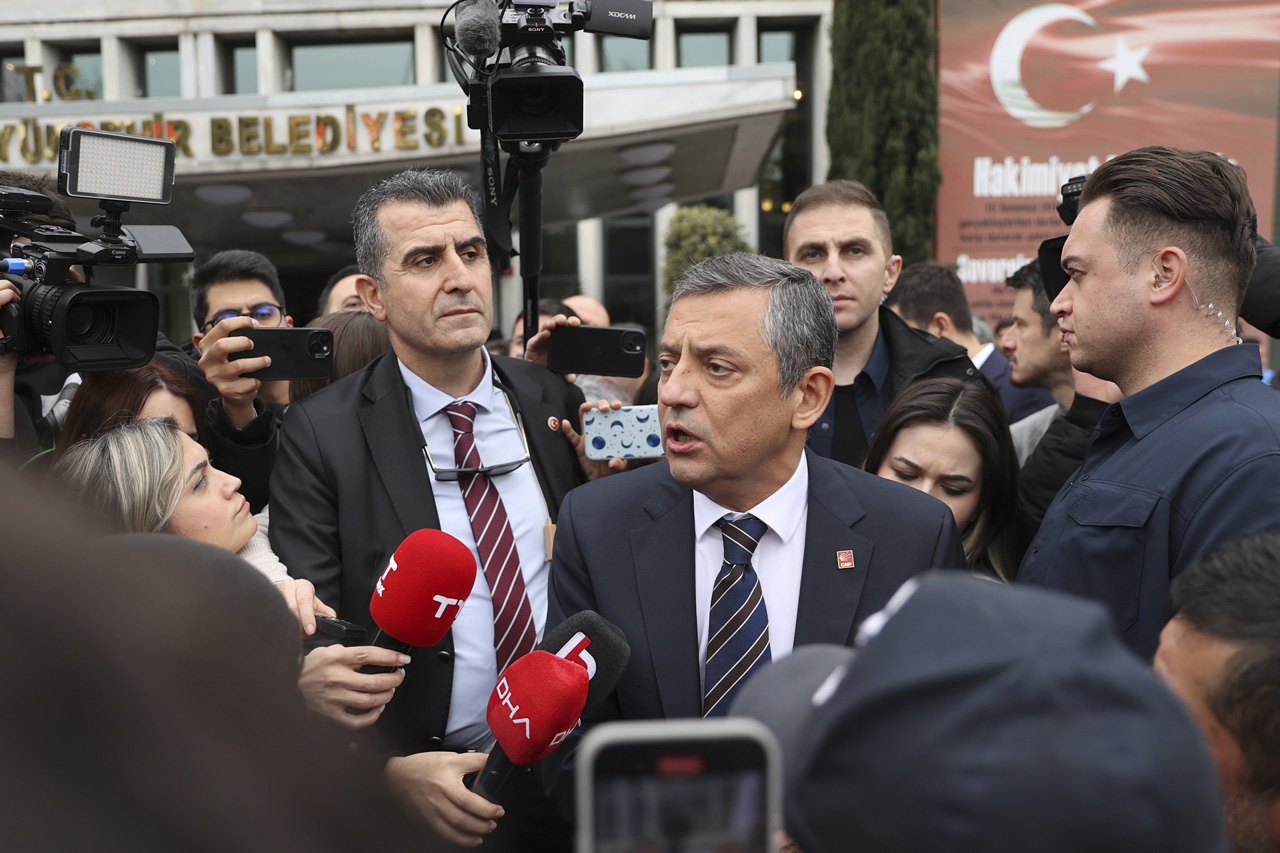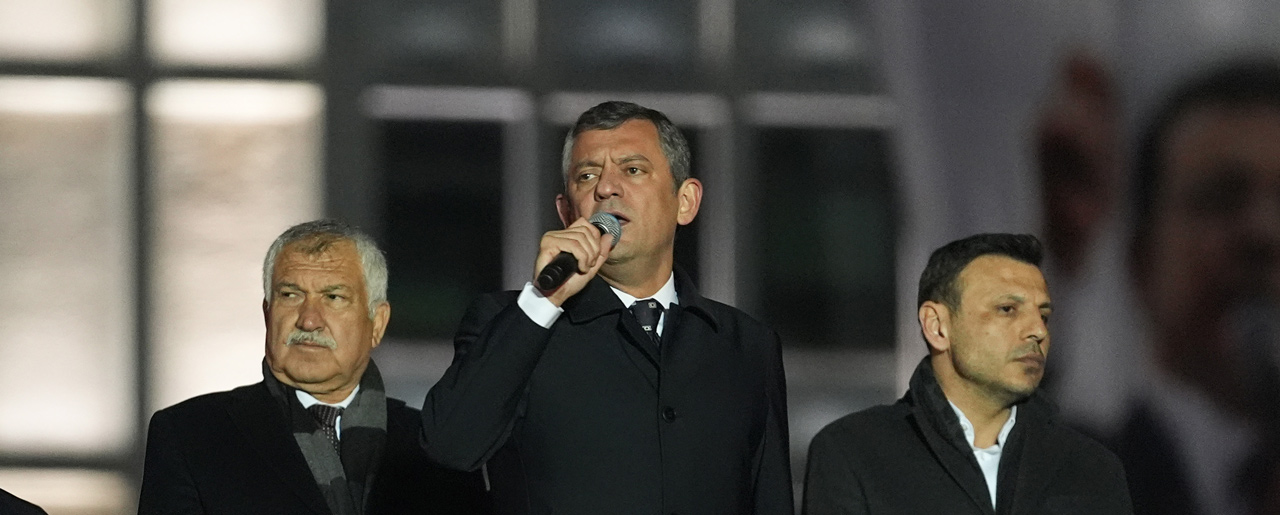In response to Israel's striking of Iran's consulate in Syria, Ayatollah Khamenei's statement of "retaliation will be given" has heightened the possibility of the regional proxy war escalating into direct conflict. Since October 7th, Netanyahu has been attempting to expand the conflict by targeting Hamas and Shia militia objectives in both Beirut and Syria. The relatively controlled continuation of the "regional war" relied on Iran and Hezbollah refraining from militarily supporting Hamas. However, Khamenei's remarks suggesting that striking the Iranian consulate would mean targeting Iranian soil have also put Washington on high alert. If Israel were to engage in direct conflict with Iran, Biden would be forced to intervene in a new Middle East war, a scenario he would least desire in an election year. This would signify a failure of both policies to steer clear of a new war in the Middle East and to prevent the Gaza conflict from spreading to the region. The Biden administration has acknowledged the imminent possibility of Iran attacking Israel through its regional proxies while concurrently sending messages to Iran through various channels. The Biden administration is likely warning Iran of facing America's opposition if it were to attack Israel. If tensions cannot be de-escalated, the Biden administration may have to confront the reality of the Gaza war transforming into a regional conflict. Moreover, the administration, which has been toughening its language against Israel regarding the humanitarian situation in Gaza, may find itself siding with Tel Aviv against Iran by setting aside its harsh rhetoric for a while. Reports of CENTCOM commander General Kurilla visiting Israel and coordinating defense in the event of a potential attack are indicators of this. While Washington may attempt to lower tensions by proportionally matching Israel's response to a possible attack, the extent to which Iran aims to prolong and broaden the conflict is crucial. Netanyahu's Way Out Strategy The attack on Iran's Syrian consulate occurred at a time when Israeli Prime Minister Netanyahu was under significant pressure both domestically and internationally. The timing of this attack shortly after Washington's call for a ceasefire in Gaza is not coincidental. Washington, which abstained from the UN vote, has been pressing for more humanitarian aid and the suspension of the Refah operation. It has been only days since the Defense Minister Yoav Gallant, Netanyahu's rival and also the Defense Minister of the "war cabinet" formed after October 7th, called for early elections in the fall. The opposition within Israel and the pressure from the hostage families for negotiations have further cornered Netanyahu. In such a context, diverting the issue from Gaza to a different matter seems like the shortest way out for him. It is impossible to detach the attacks on the Iranian consulate and the attacks on the family of Hamas leader Ismail Haniyeh from Netanyahu's pursuit of a way out. Since October 7th, Netanyahu has been trying to expand the Gaza war to the region, forcing America to stand against Iran. The Biden administration responded by sending messages to Iran, and Iran responded by limiting the response of the Houthis and Hezbollah. While continuing to support Israel, the Biden administration did not want the war to spread to the region, especially in an election year. Although the Biden administration had long ignored the plight of Gaza and supported Israeli operations, it had begun to draw "red lines" for Israel and confront Netanyahu both domestically and internationally. The option for Netanyahu to abandon Biden and play to the Republicans did not seem appealing enough, as he did not receive the signals he wanted from Trump either. It is known that Trump, instead of supporting Israel ideologically, wants to go down in history as the president who normalized Israel in the region and facilitated the nuclear deal with Iran. Washington is dissatisfied with Netanyahu's policies, but if Israel were to engage in direct conflict with Iran, the situation could change. It is clear that the majority of Washington will become more hawkish when it comes to Iran, and the Biden administration will have no choice but to stand with Israel. The administration will try to manage escalating tensions through the messages it sends to Iran and the security assurances it gives to Israel. However, if these efforts fail and Israel and Iran engage in direct conflict, a period of great headache will begin for Biden. It is also important not to rule out the possibility of the United States being forced into such a war, even if it does not want it. If Iran chooses to attack Israel only through its proxies, the crisis may become somewhat more manageable. However, as Netanyahu's political future becomes more difficult, it is certain that he will insist on playing the Iran card. [Yeni Şafak, April 11, 2024]
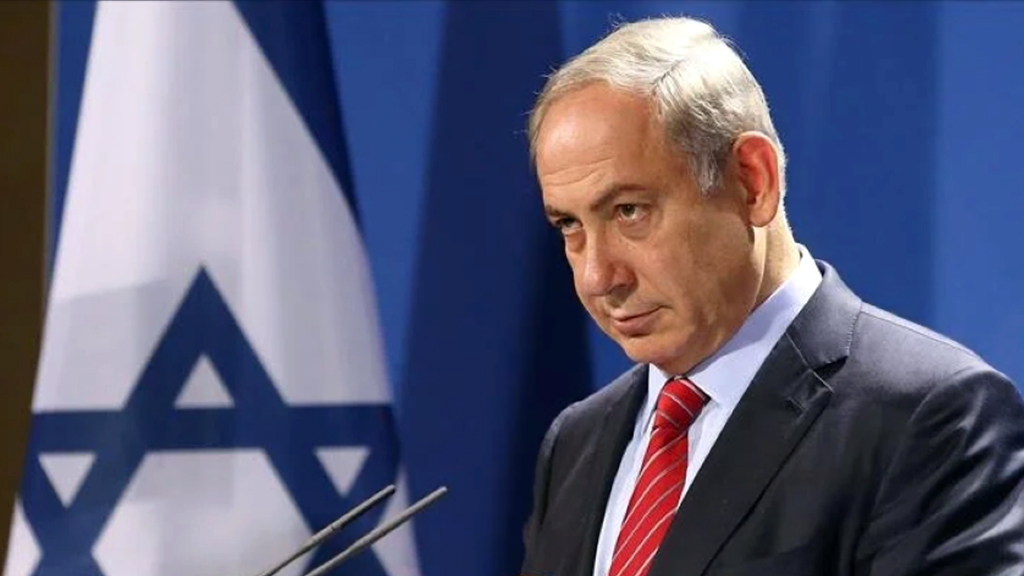
Netanyahu's Iran card...
In response to Israel's striking of Iran's consulate in Syria, Ayatollah Khamenei's statement of "retaliation will be given" has heightened the possibility of the regional proxy war escalating into direct conflict. Since October 7th, Netanyahu has been attempting to expand the conflict by targeting Hamas and Shia militia objectives in both Beirut and Syria. The relatively controlled continuation of the "regional war" relied on Iran and Hezbollah refraining from militarily supporting Hamas. However, Khamenei's remarks suggesting that striking the Iranian consulate would mean targeting Iranian soil have also put Washington on high alert.
Share
Tags »
Related Articles
Policy Report
European Sky Shield Initiative | Capacities, Criticisms, and Türkiye’s Contribution
February 2025

